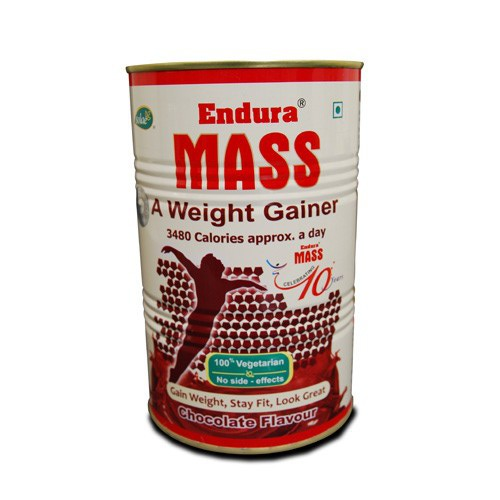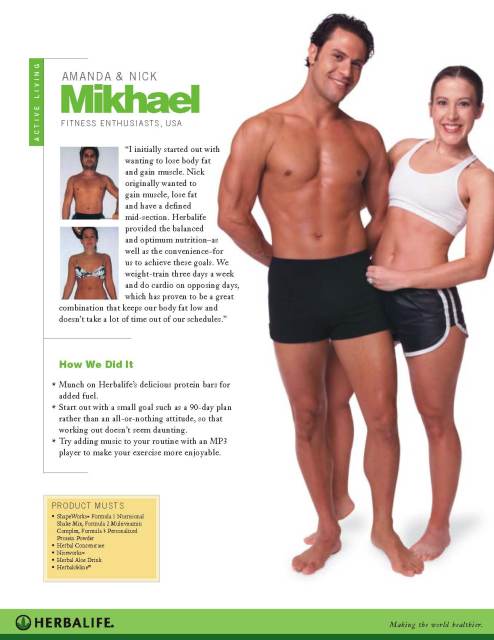COQ10
Question
I've been reading about my statin that I take for high cholesterol may be destroying the COQ10 I take. I'm wondering if I should change medicines for my cholesterol, or if I should stop the COQ10? Is COQ10 really that essential? Most everyone I know does not take it. Am I wasting money?
Hello Billie!
Thank you for your nutrition question. I would not recommend stopping your COQ10 supplement because of the many health benefits it has. Read on to see how wonderful COQ10 is to heart health.
CoQ10 boosts energy, enhances the immune system, and acts as an antioxidant. A growing body of research suggests that using coenzyme Q10 supplements alone or in combination with other drug therapies and nutritional supplements may help prevent or treat some of the following conditions:
High Cholesterol
Levels of CoQ10 tend to be lower in people with high cholesterol compared to healthy individuals of the same age. In addition, certain cholesterol-lowering drugs called statins (such as atorvastatin, cerivastatin, lovastatin, pravastatin, simvastatin) appear to deplete natural levels of CoQ10 in the body. Taking CoQ10 supplements can correct the deficiency caused by statin medications without affecting the medication's positive effects on cholesterol levels.
Heart Disease
Researchers believe that the beneficial effect of CoQ10 in the prevention and treatment of heart disease is due to its ability to improve energy production in cells, inhibit blood clot formation, and act as an antioxidant. One important study, for example, found that people who received daily CoQ10 supplements within 3 days of a heart attack were significantly less likely to experience subsequent heart attacks and chest pain. In addition, these same patients were less likely to die of heart disease than those who did not receive the supplements.
Congestive Heart Failure (CHF)
Levels of CoQ10 are low in people with CHF, a debilitating disease that occurs when the heart is not able to pump blood effectively. This can cause blood to pool in parts of the body such as the lungs and legs. Information from many research studies suggests that CoQ10 supplements help reduce swelling in the legs, enhance breathing by reducing fluid in the lungs, and increase exercise capacity in people with CHF. Not all studies agree, however. As a result, some experts conclude that CoQ10 supplements do not contribute any benefit to the usual conventional treatment for CHF. More conclusive research will help resolve the debate.
High Blood Pressure
Several studies involving small numbers of people suggest that CoQ10 may lower blood pressure. However, it may take 4 to 12 weeks before any beneficial effect is observed. More research with greater numbers of people is needed to assess the value of CoQ10 in the treatment of high blood pressure.
Diabetes
CoQ10 supplements may improve heart health and blood sugar and help manage high cholesterol and high blood pressure in individuals with diabetes. (High blood pressure, high cholesterol, and heart disease are all common problems associated with diabetes). Despite some concern that CoQ10 may cause a sudden and dramatic drop in blood sugar (called hypoglycemia), two recent studies of people with diabetes given CoQ10 two times per day showed no hypoglycemic response. The safest bet if you have diabetes is to talk to your doctor or registered dietitian about the possible use of CoQ10.
Heart Damage caused by Chemotherapy
Several studies suggest that CoQ10 may help prevent heart damage caused by certain chemotherapy drugs (namely adriamycin or other athracycline medications). More scientific studies are needed to further evaluate the effectiveness of CoQ10 in preventing heart damage in cancer patients undergoing chemotherapy.
Heart Surgery
Research indicates that introducing CoQ10 prior to heart surgery, including bypass surgery and heart transplantation, can reduce damage caused by free radicals, strengthen heart function, and lower the incidence of irregular heart beat (arrhythmias) during the recovery phase.
-George Rapitis, Bsc. Nutritionist
www.juiceblend.com
- Prev:Eating and weight loss
- Next:Watermelon
Related Articles
-
overeating ?
QuestionI just turned 16 2 months ago and im about 5ft 2in maybe
-
Eating Habits Gaining Weight
QuestionDear Tasha, I have currently just passed into the morbid
-
Celiac concerns
QuestionHi Kimberly, My Girlfriend and I are pretty sure she has
-
Are some fast foods better than others?
QuestionExcuse me, but i need to ask you a question. Even though
-
My daughters inquiry to you
QuestionA few days ago, my 16-year old daughter, Emilia, wrote to
-
Perseverence & Willpower
QuestionHi Cari....... Im almost 61, 6, and about 260 pounds. Si




